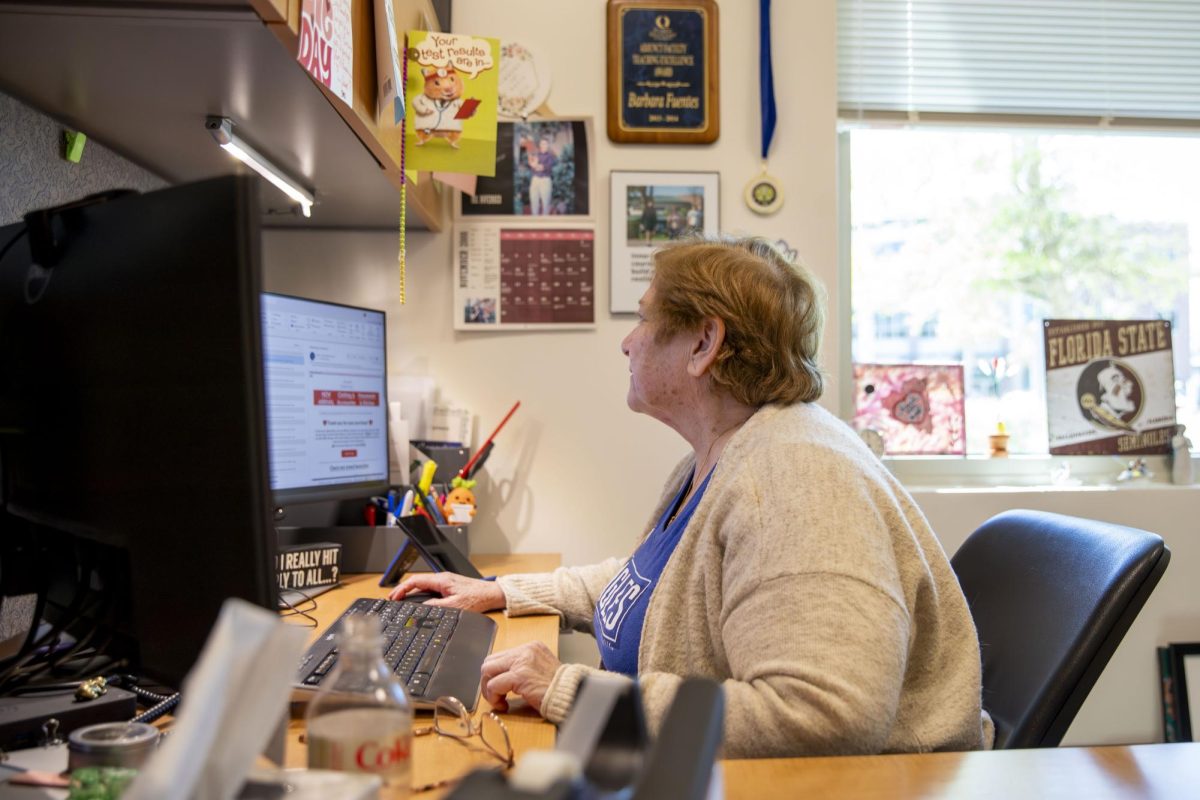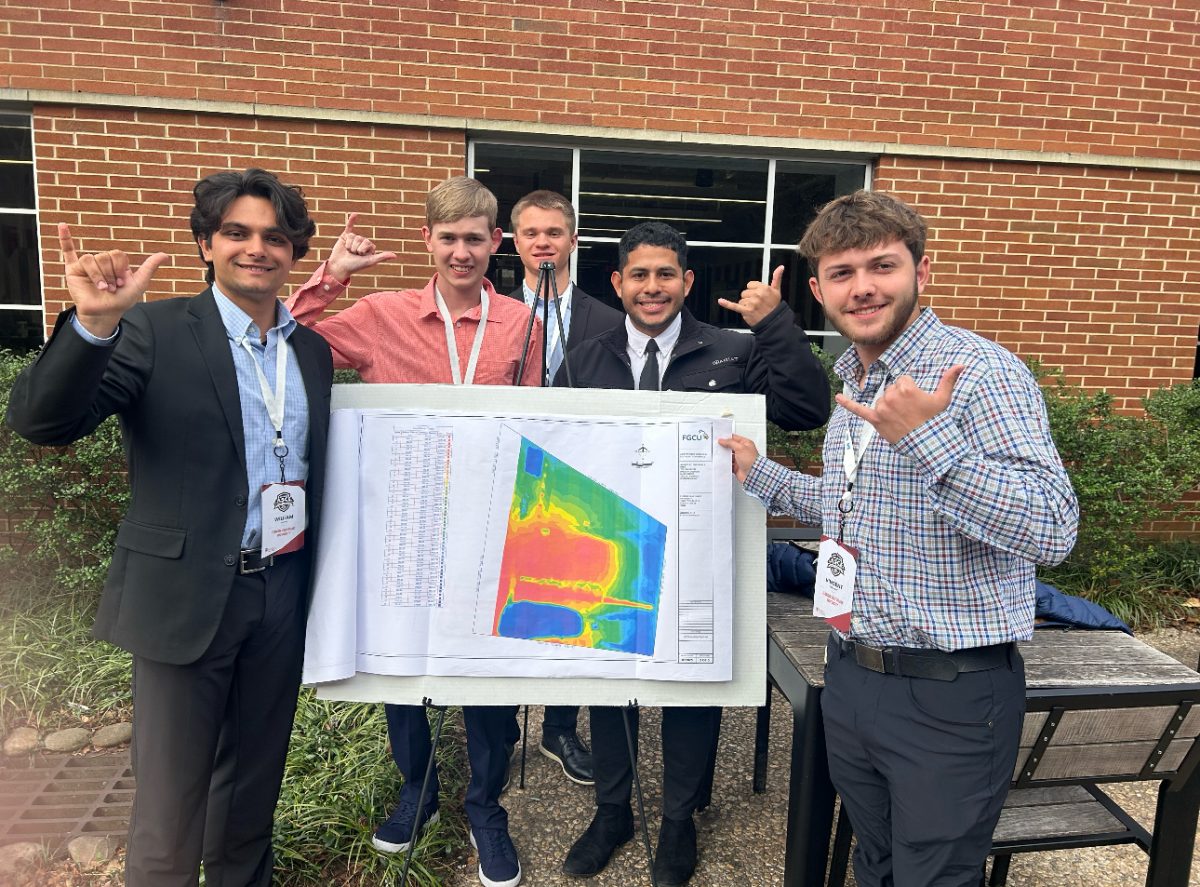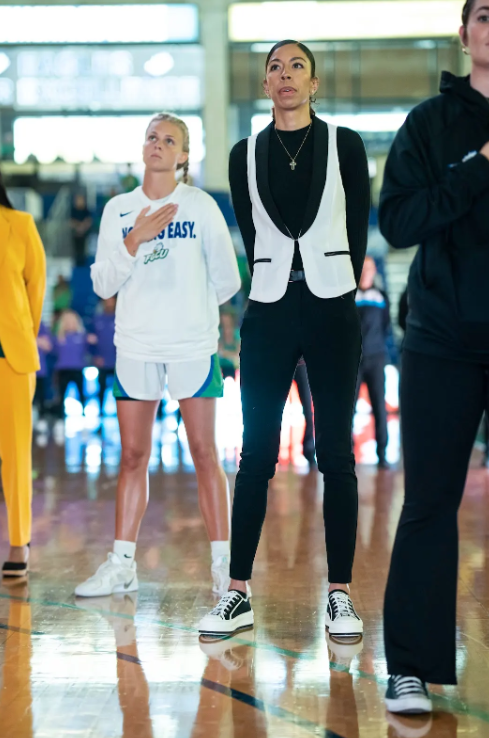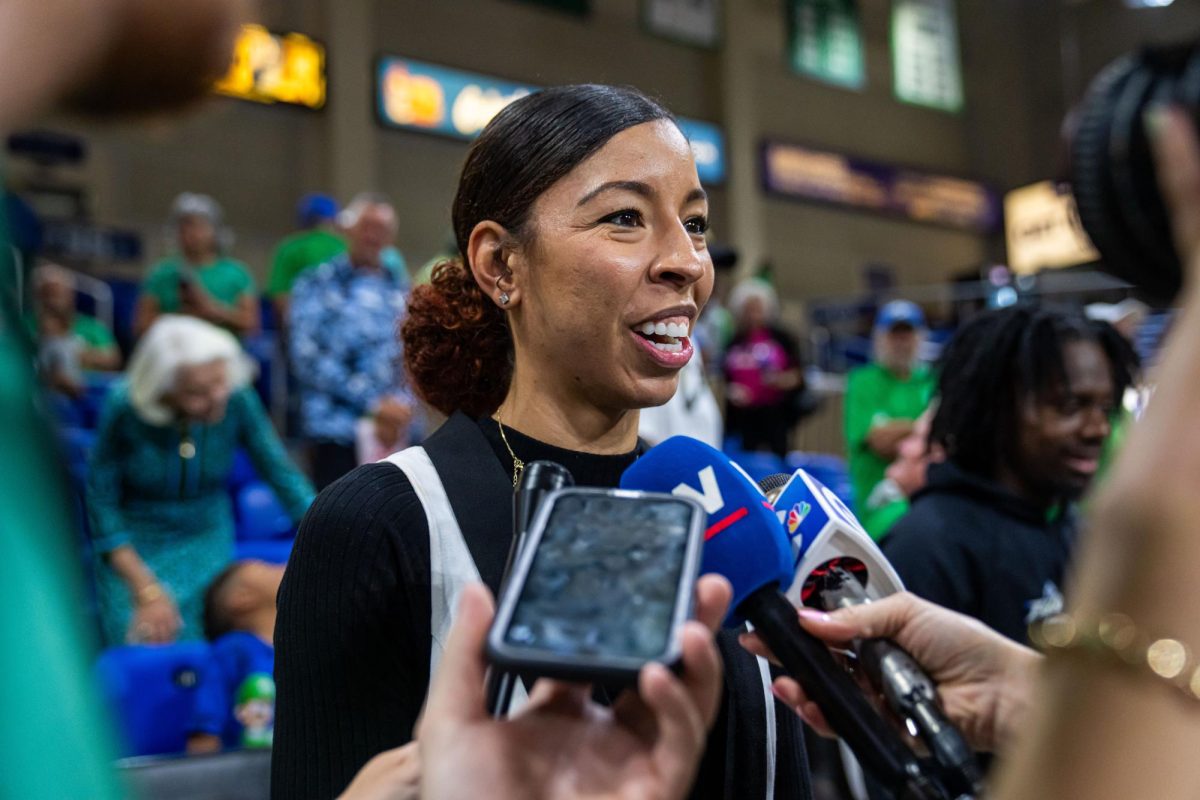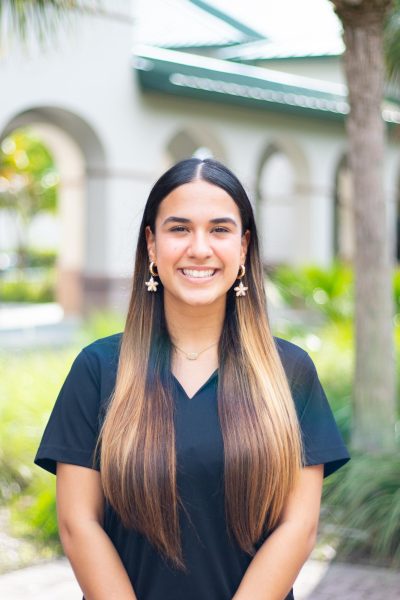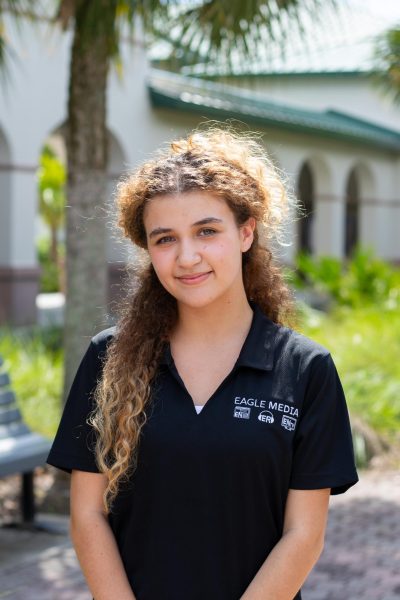Utilizing social media has become an integral part of the lives of FGCU students, but it can sometimes result in mental health concerns.
FGCU offers a Counseling and Psychological Services (CAPS) department that values acceptance, respect and care for all who seek their services.
College students engage heavily with social media. FGCU’s Director of Outreach and Prevention Services, Julie Rego, has noticed social media being utilized often by students.
“So during this exciting and challenging stage of being away and being in college as they’re learning and launch into adulthood, some students are turning to social media for that longed or pure contact and, you know, it can take them down,” Rego said.
In addition to excessive use, social media engagement among students can also lead to unfavorable social comparisons and unrealistic expectations.
“There’s a lot of comparing,” Rego said.
“I feel like I tend to use social media a lot, I mean, who doesn’t? I’ve honestly noticed that I do sometimes tend to compare myself to other people,” sophomore Karsen Smith said. “Or when I see other people posting that they went out and are hanging out with friends when I chose to stay in, it makes me feel like I’m missing out.”
CAPS created a treatment plan to help students keep track of social media.
“The treatment plan is items that they want to work on and make changes with, and if they say they would like to spend less time on social media, we provide some psychoeducation, then we work on some behavioral goals,” Rego said.
Rego said that they want to make the goals measurable and realistic for students. Dr. Jon Brunner, the senior director of Counseling and Wellness Services, talked about things he has seen relating to social media.
“You see a number of people, young people, being concerned about things like how many likes they get or how many people are reading their Facebook accounts or how many friends they have on there,” Brunner said.
Mental health awareness is rising.
“With the increase in psychopathology among college students, there has been a marked increase in college student utilization of treatment,” Brunner said.
A survey regarding student mental health on campus was conducted by the American Council of Education in 2020-21 among university presidents.
“In the final report of the series, 73% of presidents identified mental health of students as a pressing issue, making it the top issue above such concerns as enrollment, loss of revenue and long-term financial viability,” Brunner said.
Students are utilizing resources provided on campus now more than ever.
“The Center for Collegiate Mental Health reported an average 30–40% increase in counseling center utilization over a six-year period while enrollments increased only 5%,” Brunner said.
Brunner believes social media is impacting young people.
He likes to create experiments with students as a creative way to help limit their screen time.
“I said OK, let’s do an experiment,” Brunner said. “I’m always doing experiments with students, I say, what I want you to do is to get off of social media, just for a week, and I’ll see you next week and we’ll talk about it.”
Social media can be distracting when it comes to completing tasks such as homework or studying, since many students always have their phones within reach at all times. Blake Roy, a sophomore at FGCU, has dealt with this issue.
“I remember one time I was doing my homework, and I got distracted from social media because I heard the ding on my phone, and I was on Snapchat then TikTok for about two hours after that,” Roy said.
Some students believe that if they take a break from social media apps it could cause problems in friendships.
“Tell your friends if they don’t like it, they’ll live,” Brunner said. “I don’t think anyone will die if you don’t respond to their chat.”
These types of boundaries have helped Brunner’s patients with limiting their social media use. They have even shared their tactics with friends.
“I remember this one student said her friends started doing the same thing,” Brunner said. “And I told her, see you’re starting a movement.”
Then he laughed.
“I fight battles and solve problems,” Brunner said.


